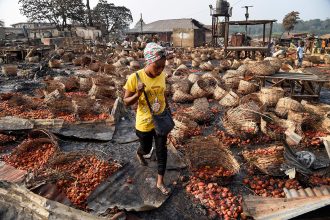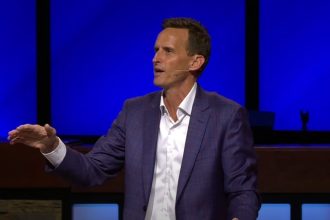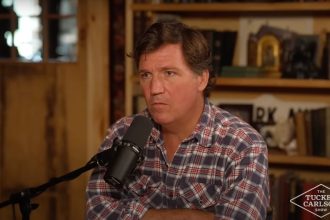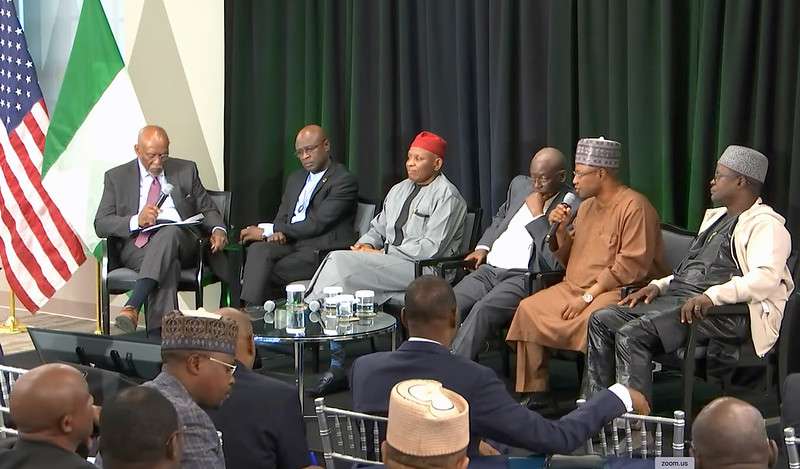President Bola Tinubu has denied allegations that his government supports efforts to impose Sharia law, but many continue to question the authorities’ commitment to security.
Militants killed a security guard at a seminary in southern Nigerian and kidnapped three students.
The Diocese of Auchi, in Edo State, reported the attack on its minor seminary on 10 July, following a period of violence against Christians across the country, including in the Muslim-majority town of Auchi. The seminary’s director Fr Thomas Oyode was abducted last October and released after 11 days.
A statement from the diocesan spokesman Fr Peter Egielewa said the abductees were “led into the bush”, and that “no communication has been had with the abductors yet”. He called for the “speedy release of the seminarians unharmed”.
Days earlier, in the north of the country, gunmen killed a pastor and at least one other in an attack on a Baptist church.
Emmanuel Na’allah, the pastor of Bege Baptist Church in Yaribori in north-western Katsina State, died along with Mallam Samaila Gidan Taro on 7 July. Other victims were yet to be identified, and at least one other member of the church was kidnapped.
Facing protests from Christian communities suffering violence and displacement in different parts of Nigeria, President Bola Tinubu has denied allegations that his government supports efforts to impose Sharia law on them. However, many continue to question the authorities’ commitment to security.
In central Benue State, where Islamist militants killed hundreds of Christians in attacks last month, sources suggested that the ethnic background of Governor Hyacinth Alia – a priest suspended from ministry since 2022 – was “hindering his ability to deal decisively against the insecurity”.
“In terms of service delivery, Alia is doing well, putting infrastructure across the state. But as you know, politics is about patronage, especially in this part of the world. You must recognise and patronise leaders,” an official in Abuja said.
Alia’s ties to his Kunav sub-ethnic tribe have allegedly dictated his key appointments across the state, which is dominated by the Tiv and the Idoma tribes. The 59-year-old has also been at odds with Church authorities since he purchased nomination forms to stand for President Tinubu’s All Progressives Congress (APC) in state elections in 2022.
Bishop William Avenya of Gboko had warned Alia, a priest of his diocese ordained in 1990, to avoid partisan involvement in Nigeria’s “unorthodox” politics.
“The Mother Church does not allow her clerics to get involved in partisan politics … which is totally against our vocation,” Bishop Avenya. “Therefore to respond to the spiritual and pastoral needs of the church in the diocese of Gboko, I have suspended him from the exercise of his sacred ministry, which will last until he ceases from contumacy.”
In October last year, the Catholic Bishops Conference of Nigeria said politics had “scandalised a vast majority of Christian faithful in the country”, reiterating its prohibition on priests directly participating in politics.
Nigerian theologian questions lack of ‘outrage’ after Benue killings
Christianity under siege in Nigeria







